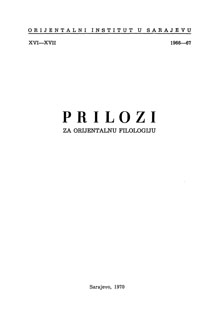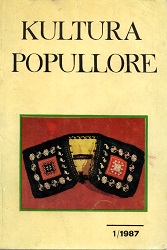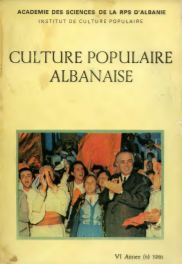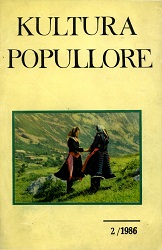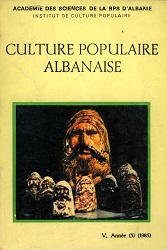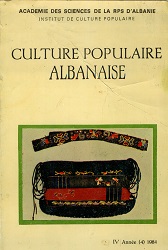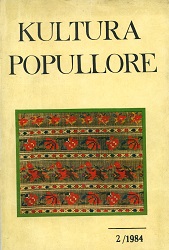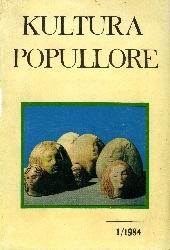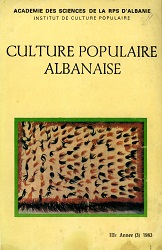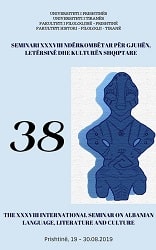
Ëndrra në prozën poetike të Lumo Skëndos
2018 is a distinguished year regarding the fate and publication of the literary, albanological, linguistic and cultural works of the Albanian writer and intellectual Mid’hat Frashëri, otherwise known with his literary pseudonym Lumo Skendo. During this year, his work was completed and systematized in various volumes. Sparse writings on various periodicals - some of whom he helped in establishing and directed himself, but also new writings, unknown till now, taken out of archives are presented for the first time to the researchers of the present author. Vepra të zgjedhura, Vëllimi 3, (Selected Opera, Edition 3) published by the passionate researcher Uran Butka, brings a fundamental contribution to the recognition, reading and discovery of the profile of Lumo Skendo, who is taking its deserved place in the hierarchy of the values of our literary system. In one of the new poetical prose, titled “Ëndërrimtari” (“The Dreamer”, 1920) Lumo Skëndo, now from his most preferred and most wanted position – which means that of the Dreamer, finishes his text with a long and sincere prayer: "Oh, please, let me, let me keep intact my vital confidence and belief, let me suppose that nothing around me has changed so far; for I delight most in dreaming, and reality I'm leaving to you." The diverse manifestations of the dream and its variations derived by a specific relationship between the Lyrical Ego and the object of desire, in all the collection of poetical prose (around 70 pieces) will be the object of our study. The focus of our research work will be the text, because within the text are found the characteristic traits of the author's style. We hope they will bring interesting results for the greater knowledge on various aspects of the prose poetics and literary works of Lumo Skëndo.
More...
